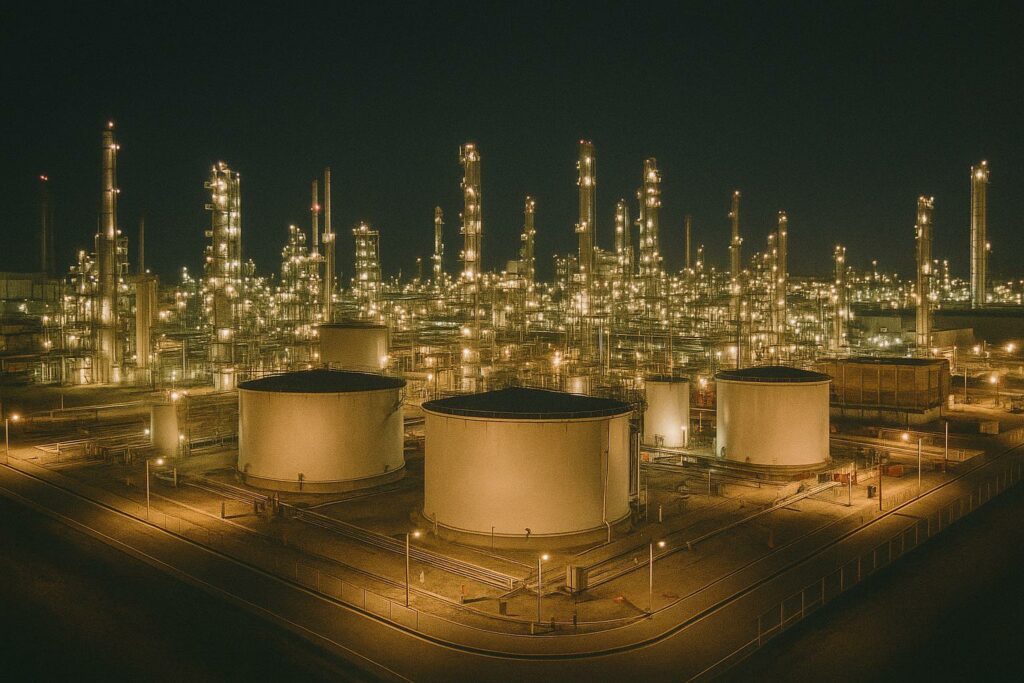A Silver Lining on Fuel Crises Horizon
In a few months, the Democratic Republic of Congo may witness a significant alleviation of its chronic fuel shortages as the Fouta Refinery near Pointe-Noire begins operations. Expected to be completed by the end of 2025, this new facility marks a pivotal development, not just in addressing domestic supply issues but potentially positioning Congo as a net exporter of refined petroleum products. This optimism is backed by historical insights and robust infrastructural commitments.
Legacy of Petroleum Distribution in Congo
Congo’s fuel distribution has been tumultuous, characterized by periods of scarcity dating back to the dominance of Hydro-Congo from 1973 to 1998. It was this monopoly that bore the brunt of inefficiencies, leading to degraded service stations needing urgent attention. The government initiated significant reform by opening up the market to private distributors, ending Hydro-Congo’s monopoly. This venture significantly enhanced urban landscapes, providing citizens with better services and infrastructure.
Structural Reforms Leading to Fouta Refinery
With the establishment of the Société Nationale des Pétroles du Congo (SNPC) in 1998, a new monopsony was inadvertently created: the SNPC maintained control over oil imports, with the existing Congolaise de Raffinerie (CORAF) covering only 70% of national demand. The resultant import dependency frequently led to recurrent shortages. Thus arose the conception of the Fouta Refinery, a project seeking to resolve these supply conundrums by doubling the refining capacity with an annual output of 2.5 million tonnes.
The Strategic Vision of Fouta Refinery
The initiation of the Fouta Refinery project was ceremoniously marked in February 2021 under President Denis Sassou-Nguesso. Partnering with Beijing Fortune Dingheng Investment Co. Ltd, the $600 million venture ambitiously plans to refashion Congo’s energy landscape. Strategically placed in the Zone économique spécial de Pointe-Noire, the refinery is structured to phase its capacity increase: initially targeting domestic demands before expanding to export refined products, significantly impacting regional markets by the close of 2025.
Implications for the Congolese Market
The unpredictability of the global oil markets imposes challenges that not even the most advanced forecasts can fully mitigate. However, the completion of the Fouta Refinery is projected to bolster Congo’s self-sufficiency, reducing import reliance but, critically, offering a buffer against market fluctuations. The potential economic implications extend beyond fuel stability, hinting at broader influences in investment attractiveness and infrastructural development.
Conclusion: Paving the Way Forward
The anticipation surrounding the operational commencement of the Fouta Refinery is a beacon of hope for a sector that has long been beleaguered by shortages and inefficiencies. While challenges remain, the government’s commitment to this project underscores a strategic pivot towards greater resource independence. Congo’s energy sector stands on the cusp of transformation, with the Fouta Refinery as its linchpin—a leap that may redefine its energy dynamics and economic landscape in the coming years.

